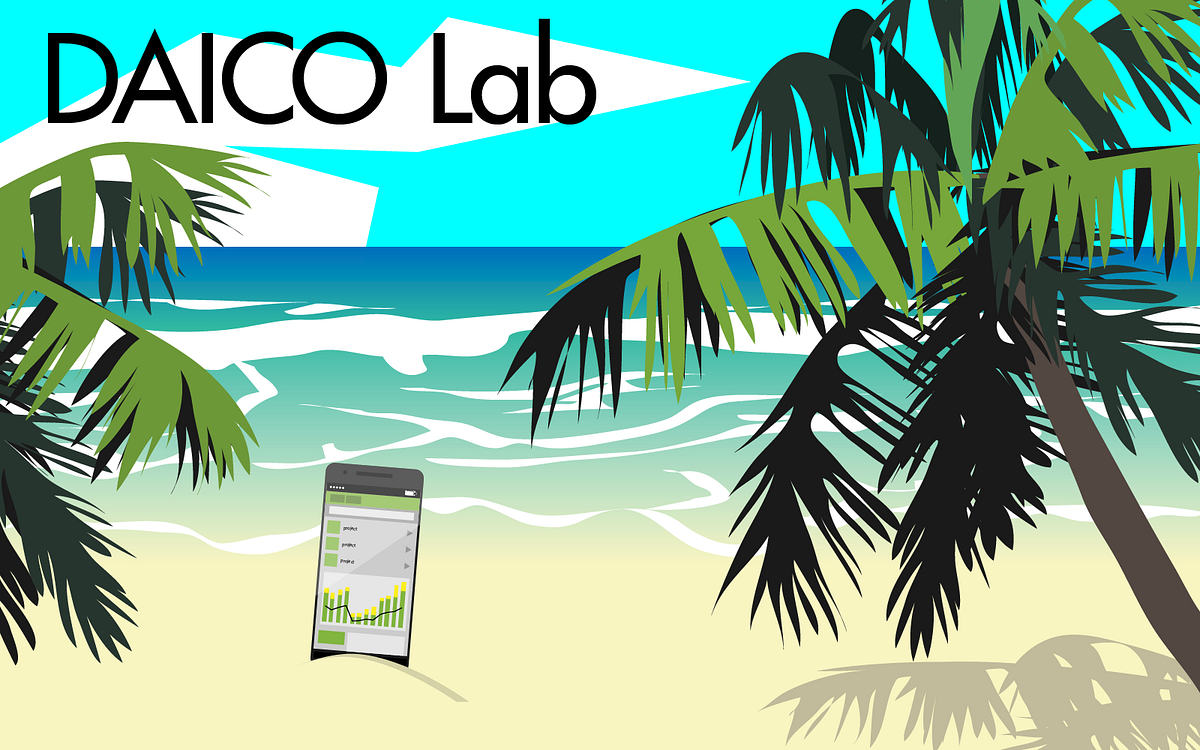How To Prevent Rich People From Gaming The DAICO System
- Published time

The DAICO Model#
I have been thinking about the healthier practices of ICOs for a while, and this January I was intrigued by DAICO model that proposed a new way to think about a post-ICO governance. In a simple term, it allows token holders to assert meaningful control over the funds by bringing the concept of DAO(DAO * ICO = DAICO). If you don’t know what DAICO is, here is a summary. You can read the original post by Vitalik Buterin here.
The DAICO model cannot solve all the issues, but it is a step forward towards a more reasonable ICO market. The mere existence of a tap in the DAICO can make it impossible for token issuers to just run away with all of their funds.
I am part of a team that implements this DAICO model, and we are facing some challenges especially in voting system. In this post, I discuss the biggest challenge in the voting.
How To Prevent Rich People From Gaming The System#
The biggest concern in the DAICO, in terms of its likelihood, is how to prevent rich people from gaming the voting system. When the governance is tied to the ICO, it is not difficult to imagine that concentration of wealth yields concentration of political power. The paradox in the DAICO is that we have democracy and capitalism at once. Citizens in a democracy go to the ballot box with one vote for each; participants in a capitalist economy come to the marketplace with unequal resources and leave the marketplace with unequal rewards. These two concepts are inherently different because democracy depends on equality, capitalism on inequality(although even democratic voting system ends up non-democratic because of the political funding issue).
Unfortunately, we cannot have one person one vote system on the blockchain at this point. Once tokens are traded in an open market, we cannot have the KYC for all the voters(token holders). Instead, we have one token one vote system. This means that everybody can participate in a democratic manner but it follows the law of capitalism. It’s safe to say that investors will buy tokens just to make a profit and won’t care about the project behind the token. It is only reasonable for them to maximize their profit.
The problem is, democracy is vulnerable to a 51% attack. And when capitalism is combined with democracy, it is likely that one party owns more than 51% of tokens. Either a single project owner or investor can own more than that percentage. And I think there will be a case where we cannot control the token distribution. It’s outside of the DAICO security model and I don’t know any other models to solve this problem perfectly.
You can think of various scenarios, but for example, project owners can simply own more than 51% before the ICO. As a solution to this, the centralized ICO platform could make the token allocation as transparent as possible so that investors will know what they are throwing themselves into. But they don’t have to execute their ICOs on top of the platform. On top of that, even if they didn’t have any intention to own more than 51%, there is still a chance that they end up owning more than that if they fail to meet their fund-raising goals. A soft cap could reduce the likelihood but it’s not prefect.
Another example would be the case where an organizational/individual investor owns more than 51%. We can prevent this with KYC’d individual cap during the presale/crowdsale period(though token issuers don’t have a strong incentive to do so when they want to raise as much money as possible). But again, they might own more than 51% when the funding goal is not met. Also, once tokens were in an open market, we cannot whitelist every token holder and track them. Centralized exchanges, rich individuals or greedy corporations can easily take control of 51%.
The imbalance of the power is actually normal in the current stock market system, and seems very difficult to avoid in any model. It got me thinking, “What is a fair voting system?”, but I digress.
The current DAICO model cannot always prevent rich people from gaming the system, but we can mitigate that risk with KYC’d individual cap token sales and a soft cap. Also, remember that the tap in the DAICO makes it impossible for token issuers to just run away with all of their funds. You might say the tap raising proposal is easily passed, but you can implement a cap of the tap raising.
Anyway, a more sophisticated model should be developed to attack this problem so that we can prevent the voting system from corrupting. To this end, we will collect more data to come to the optimal model.